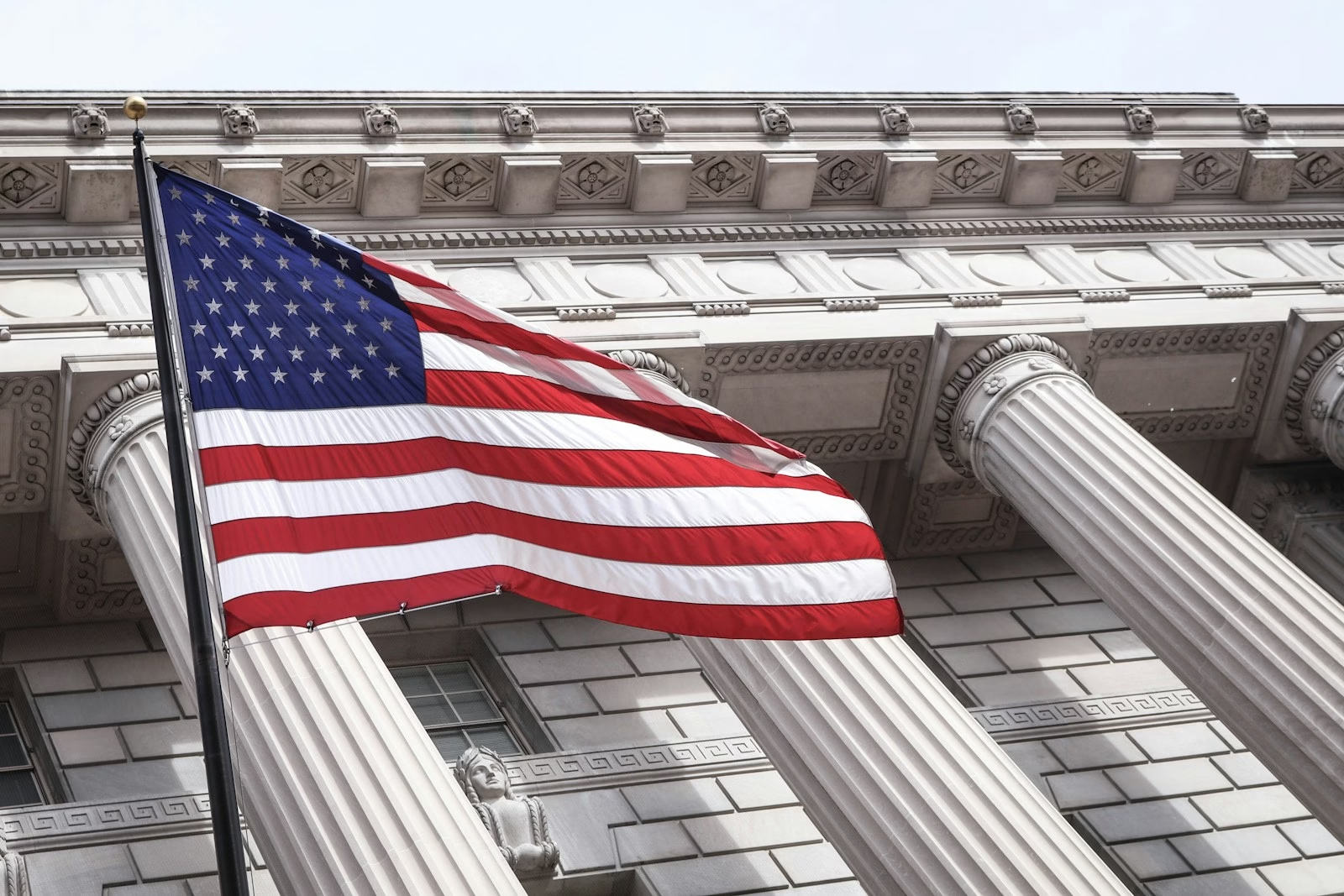Key Takeaways
• A new report claims President Biden’s autopen pardons are illegal.
• Democrats point to Trump’s pardons for January 6 rioters.
• Autopen pardons have a long history and mixed legal views.
• The fight raises questions about presidential power and procedures.
• Lawmakers debate investigations and possible prosecutions.
A fight over autopen pardons is dividing Republicans and Democrats. House Oversight Chair James Comer says Biden’s last-minute pardons are void. He argues they lack a real signature. Meanwhile, Democrats counter by highlighting Donald Trump’s pardons of 1,500 January 6 rioters. Both sides claim the other ignores bigger issues.
Understanding Autopen Pardons and Their Impact
What exactly are autopen pardons? Autopen pardons are orders signed by a machine that replicates a president’s signature. Presidents use this tool for heavy workloads. Yet critics say autopen pardons undercut the Constitution. Supporters note a 2005 Justice Department memo that allows deputies to sign for a president.
Democrats Fire Back on Trump’s Pardons
Democrats wasted no time pointing to Trump’s January 6 pardons. Senator Adam Schiff joked Trump’s hand must move fast. Senator Chris Coons urged Republicans to review those pardons. They argue consistency demands investigations on both sides. After all, Trump’s move spared accused rioters and shielded them from trials.
Republicans Push Their Own Investigation
Senator Rick Scott calls autopen pardons a real issue voters care about. He wants a thorough probe into legality. Senator Ron Johnson leads his own review. He seeks testimony from top officials about who held true power. Senator Tommy Tuberville even suggested possible prosecutions for autopen pardons.
History of Autopen Use in the White House
Presidents have long faced stacks of papers needing signatures. Autopen machines eased the burden. As early as the 1980s, presidents used them for letters and proclamations. A 2005 memo gave formal approval for documents. Still, neither the Supreme Court nor Congress has set firm rules.
Key Questions About Autopen Pardons
Did Biden follow the right steps before using autopen pardons? Did he get proper documentation and approval? Democrats say he did. They stress that aides handle lots of paperwork. Republicans say any mechanical signature on pardons threatens the rule of law. They want to see sworn statements from everyone involved.
Political Stakes and Public Opinion
This debate comes amid a government shutdown and stalled aid to disaster zones. Senator Coons warns the focus on autopen pardons distracts from real emergencies. Senator Alex Padilla says conspiracies are debunked, yet funding remains frozen. The public wonders if leaders will solve basic problems or chase partisan fights.
What Could Happen Next
Lawmakers on both sides could launch formal hearings. They may subpoena officials to explain autopen processes. A Justice Department review could follow. Yet political will matters most. If the public loses trust in pardons, future presidents might face tighter limits. On the other hand, no new rules could cement autopen use.
Why the Autopen Pardons Fight Matters
Presidential pardons hold great power. They can free people from legal consequences or reward allies. Autopen pardons add questions about authenticity. Beyond politics, this battle tests checks and balances in government. As senators grill witnesses, Americans watch to see if the system works.
FAQs
Can autopen pardons really be voided?
Political leaders disagree, but no court has ruled them invalid so far. The debate may lead to a legal test.
How often do presidents use an autopen?
Presidents use it regularly for routine documents. They rarely use it for major actions like pardons.
Will there be a formal investigation into autopen pardons?
Several senators plan oversight hearings and document reviews. A cabinet-level inquiry could also arise.
Could new laws ban autopen use for pardons?
Congress has the power to set rules on pardons. If both parties agree, they could pass limits on autopen pardons.
